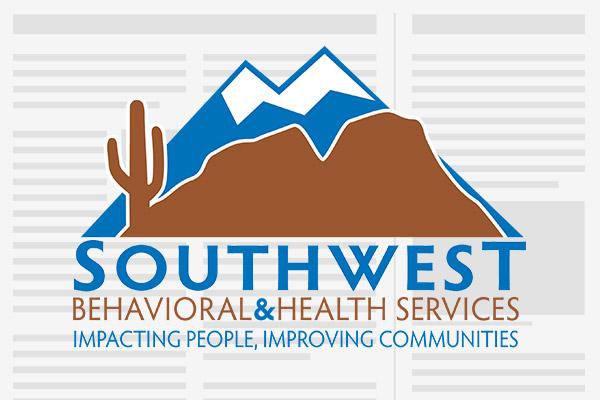DrugFreeAzKids News
Marijuana Use Continues to Rise Among Teens
A significant new report is out on teen substance use. The Monitoring the Future survey is conducted each year. This year there were over 47,000 participants from across the country. What the study found is that in 2011, marijuana use rose for the fourth straight year which is a sharp contrast to the considerable decline that had occurred in the previous decade. Daily marijuana use is now at a 30 year peak level among high school seniors.

3 Essential Tips for Getting through the Holidays with an Addicted or Recovering Teen
There is a different feeling in the air when the holidays roll around. We all have our holiday traditions and then there are the dynamics that go on with the family and friends. It can be an especially challenging time if you are the parent of a young person with a substance abuse problem. Whether you have a child in recovery or one that is still using, here are some tips to help make a better holiday experience for everyone.
1. Check Your Actions:

Controlling Parents - It's A Good Thing
After reading this great article about reasons moms need to be "controlling," I don't feel so bad for being a controlling mom of my own three kiddos.

The Case Against Medical Marijuana
This week the Governors of Rhode Island and Washington asked the federal government to reclassify marijuana. Read the compelling case AGAINST medical marijuana by the former senior policy advisor to President Obama's drug czar, Gil Kerlikowske.

Make the Holidays about Presence not Presents
As we turn the pages of our calendars during these tough economic times, some of us literally can't figure out where time has gone. All of a sudden Thanksgiving has come and gone and now on to the next big thing. The shopping frenzy has begun, the to do lists are posted and the hustle and bustle seems never ending. But if you can, stop for a moment to think about what's really important. Take time to read this great article on

Put a Thanksgiving Smile on Your Child
While it's hard to believe another year is coming to a close, at this time of year there is also a sense of renewed hope of what lies ahead. This Thanksgiving when everyone takes turns naming what it is they're thankful for, we encourage all parents and caregivers to give thanks to the children in their lives who are making good choices. Too often we focus on fixing the negative, but never stop to think about and praise the positive choices our children make every day. Positive reinforcement is sometimes the best way to encourage ongoing good behavior in our loved ones.&nb

Thanksgiving Eve - Biggest Night for Underage Drinking
Thanksgiving Eve is a day that kids gather to see old friends and to be with siblings. Some are home from college and want to party with friends.

Vietnam Veteran Rick Romley on Preventing Substance Abuse in Families of Service Members
Between long-distance moves, deployments and potential injuries and illnesses suffered by parents who have been deployed, the lives of service member families can be stressful ones. Oftentimes that stress can fall on the children. Dealing with being the new kid in school, losing friends from a move, taking on more responsibility at home, worrying about a parent’s deployment and sometimes having to deal with a parent who returns from duty injured, ill or distracted, service member children may have an even tougher time than their teenage counterparts.

Does Your Teen Have a Toxic Friend?
While most teens and their friends have their highs and lows, toxic friends are characterized by consistent patterns of negativity. Signs of a toxic teen friendship aren't always obvious to teens and their parents. Here are 20 questions to help your child determine if a friendship may be bad for her- either mentally, physically or both.

One More Danger for Our Kids to Navigate-Medical MJ
What message does "medical" marijuana send to our kids today? Do our children get that there are serious repercussions of just weed? There's a great article at renew everyday today that explains why medical marijuana sends a mixed message to our kids and how we as parents can help them navigate the new danger.














